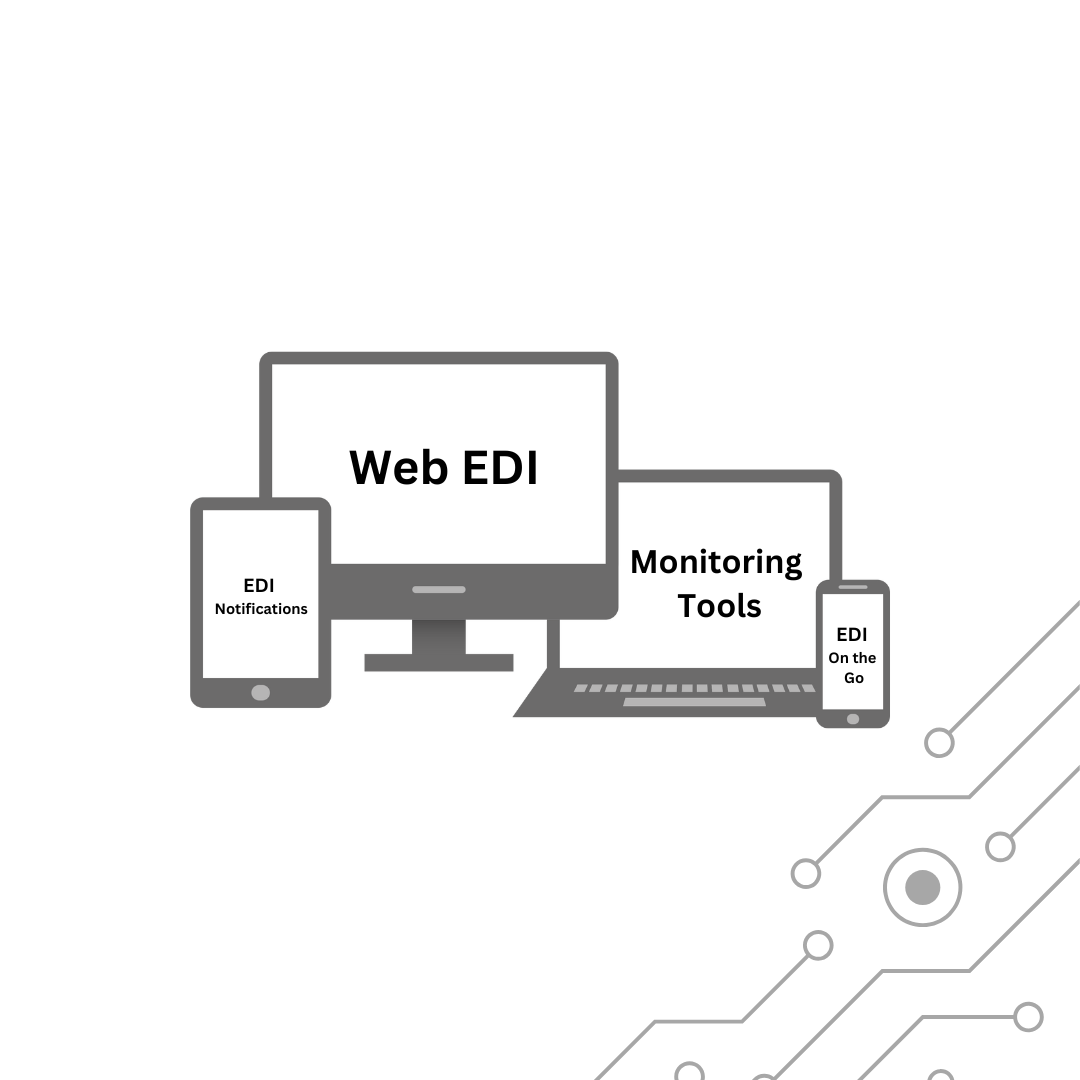What is Dropshipping? Dropshipping or DTC (Direct to consumer) is a fulfillment method where a retailer sells the product to its consumers via its online e-commerce store but does not keep the products in stock. Instead, the retailer sends the order information to its supplier and asks them to fulfill the order for its customer […]
What is 3PL? A 3PL provider is a third-party logistics company serving as links in outsourced distribution and fulfillment stages of the supply chain. 3PL companies provide full-scale logistics services such as transportation, warehousing, customs clearance, and other logistics-related activities. Basically, 3PL helps outsource a part of or a full logistics operation to a logistics […]
Introduction UN/EDIFACT (United Nations/Electronic Data Interchange for Administration, Commerce, and Transport is the international standard that was developed by the United Nations). Comprise a set of internationally agreed standards, directories, and guidelines for the electronic interchange of structured data, between independent computerized information systems. The work of maintenance and further development of this standard is […]
Define EDI Translation EDI translation means converting data from enterprise-specific and irregular formats into standardized and organized structures that are compliant with EDI standards. It is commonly used in business-to-business transactions to exchange documents such as purchase orders, invoices, and shipping notices. The process involves mapping data elements from one format to another, ensuring that […]
Introduction One of the first use of EDI technology was in 1948. A standard manifest system was designed to transmit data by telex, radio-teletype, or telephone by the US army to track cargo during the German war. Since then, EDI technology continued to evolve and became a standardized communication channel for businesses across the world […]





